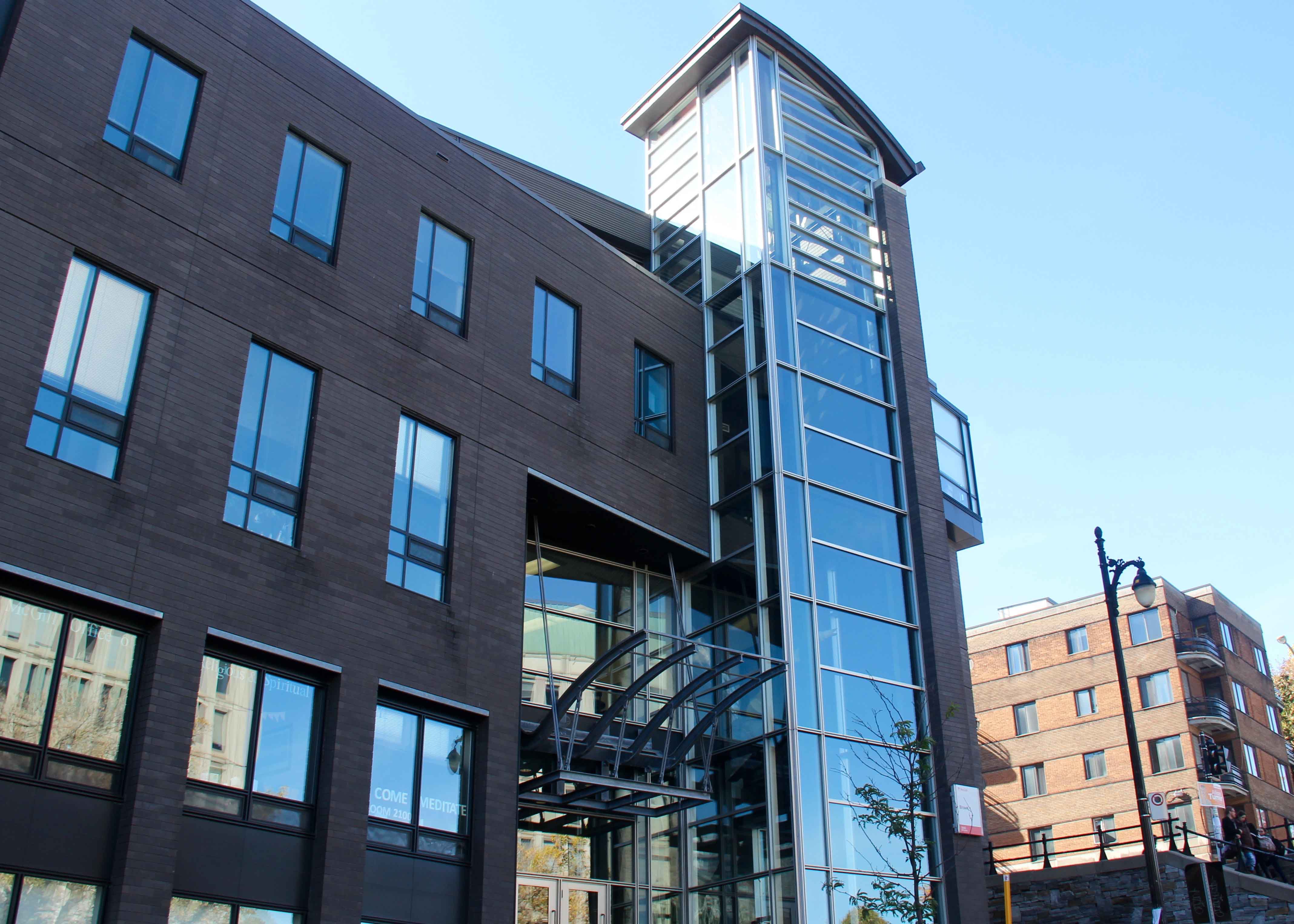After sitting in the Montreal General Hospital for the sixth hour in a row, tired, and with a sprained foot, I asked the receptionist how long it would take for the doctor to see me. She replied that there was only one doctor working that weekend, and that I would probably have to wait until the next morning. I decided to leave, as staying overnight for treatment did not seem to be worth it. This experience left me thinking about the difficulty of receiving medical attention, and how professors should acknowledge these institutional barriers by being more lenient towards exam deferral.
Countless university students deal with medical issues, from physical injury to mental illness. Often, these issues translate to students being unable to perform well on exams, not because of their inability to understand the material, but simply because they are not physically or mentally capable of doing their best. To avoid hurting their grade in a given course, students have the option of deferring an exam, given that they provide reasonable medical documentation. is where the problem lies. Often times, students are unable to acquire medical documentation due to the long waiting times and overcrowding present at public hospitals and, more specifically, the McGill Wellness Hub. Students’ dissatisfied reviews illustrate just how frustrated students are with its incompetency. There are simply not enough doctors or resources available to tend to all those in need, and free healthcare sometimes comes with the risk of not being seen by a professional at all.
The McGill clinic officially operates from 8:30 am to 4:30 pm. However, students know that if they do not arrive before 8 am, their chances of being seen by a doctor are slim to none, as drop-in spots fill up quickly. Moreover, the clinic only operates on weekdays, so if one happens to fall sick after 8 am or on a weekend, they have to either treat themselves or go to one of Montreal’s emergency rooms (ERs). At the ER, the situation is even worse, with wait times of several hours, and people being seen according to their priority, rather than first-come-first-served. This means many students have to wait longer than those who arrive after them if their condition is not deemed serious enough.
Some institutions have taken note of this unfair policy of conditional exam deferral, including the University of Calgary, which recently passed a regulation stating that students would no longer need to present a medical note to be excused from exams. Adopting such a policy takes the pressure off students to frantically try and get a medical note before their exam takes place, fearing their deferral request may not be approved. Professors at McGill should develop a more trusting relationship with their students, believing them when they claim they have medical issues, rather than being skeptical.
There may be some students who take advantage of a more lenient policy, and use it to miss exams, not because of a valid medical reason, but simply because they procrastinated studying. Hence, instead of banning medical notes altogether, McGill should give more leeway and accommodations to its students in the time they can take to provide medical notes, rather than demanding them on the day of or a few days before an exam. This way students can feel they are in a safe environment, where their mental and physical health is valued, instead of constantly trying to prove that they have a ‘valid’ reason to be excused from exams.
In the long term, McGill’s administration needs to re-evaluate its business model and address students’ ongoing concern of a lack of availability of timely treatment coupled with poor accommodation for exams. This can create a system where students can thrive and are not forced to sacrifice their health for grades.









